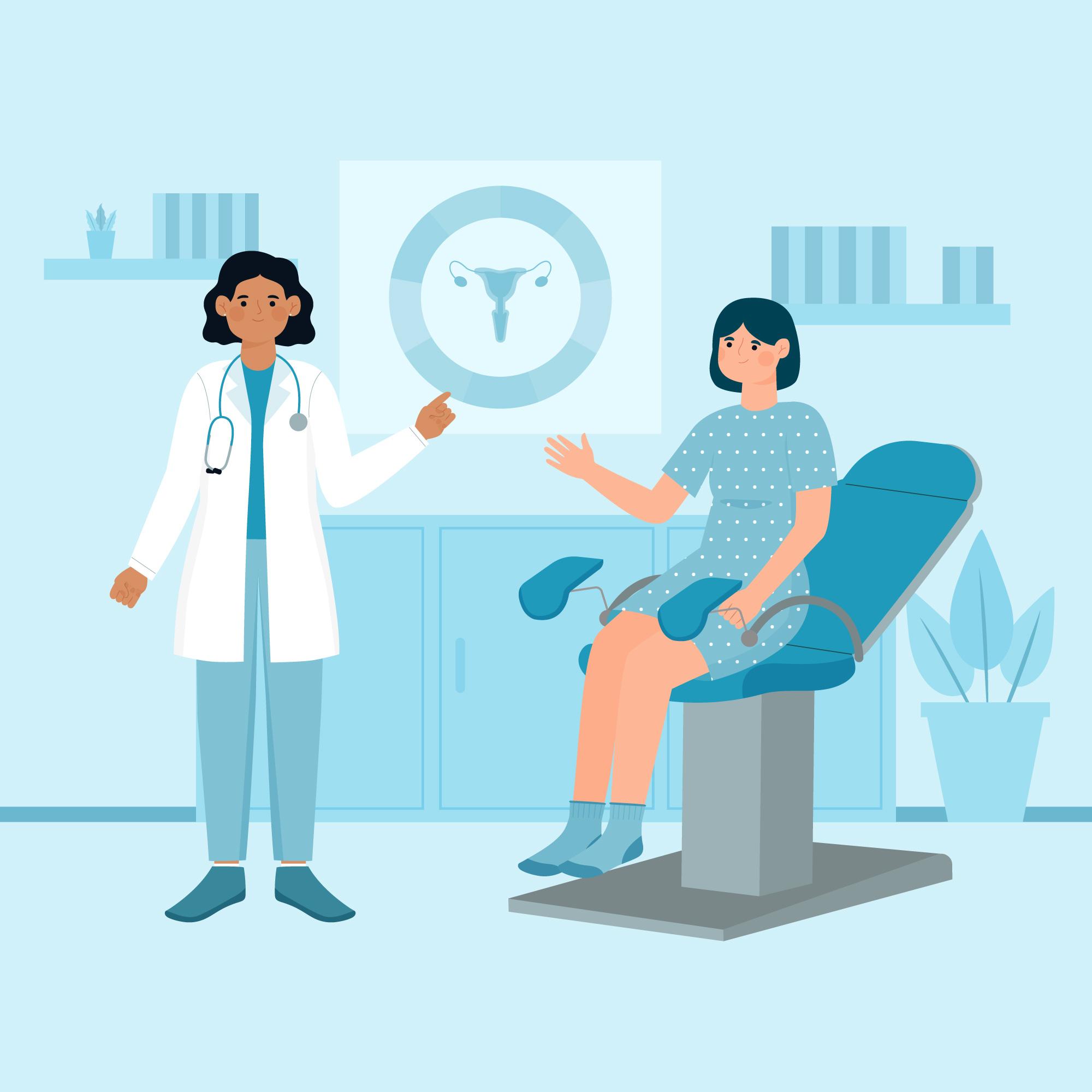
The Crucial Role of Preventive Gynecology: Why It Matters
Preventive gynaecology plays an essential role in healthcare by focusing on the early detection and prevention of diseases and conditions that affect women’s reproductive health. This proactive approach is vital for several reasons:
- Early Detection of Diseases: Preventive gynaecology helps in the early detection of serious health issues such as cervical cancer, breast cancer, and ovarian cysts. Regular screenings, like Pap smears and mammograms, can detect abnormalities early, significantly increasing the chances of successful treatment and recovery.
- Prevention of Complications: Regular gynaecological check-ups can prevent complications in reproductive health that could lead to more severe health issues. For example, managing conditions like polycystic ovary syndrome (PCOS) early can prevent complications such as infertility and metabolic syndrome.
- Promotion of Reproductive Health: This field focuses on maintaining and enhancing reproductive health throughout a woman’s life, from puberty through menopause. This includes education on birth control, fertility, and healthy pregnancy, as well as managing menopausal symptoms.
- Education and Empowerment: Preventive gynaecology provides women with knowledge about their bodies and reproductive health, empowering them to make informed healthcare decisions. This includes education on sexual health, prevention of sexually transmitted infections (STIs), and safe pregnancy planning.
- Enhanced Quality of Life: By preventing and managing reproductive health issues, preventive gynaecology helps improve the overall quality of life for women. It addresses not only physical health but also psychological and emotional well-being.
- Cost-effectiveness: Investing in preventive care is cost-effective in the long run. It reduces the need for more extensive medical interventions, surgeries, and treatments that may arise from late diagnoses.
- Lifestyle changes: It involves eating a healthy diet and regular physical activity to decrease the risk of obesity.
In conclusion, Preventive gynaecology is essential for promoting women’s reproductive health and reducing the occurrence of gynaecological conditions. Taking proactive measures to prevent disease and detect conditions early allows women to maintain optimal reproductive health throughout their lives.
Preventive gynaecology is not just about disease prevention; it is a comprehensive approach that supports women’s health at every stage of life, ensuring they remain active, empowered, and healthy. Regular gynaecological care should be a priority for all women as part of a broader health maintenance strategy.


